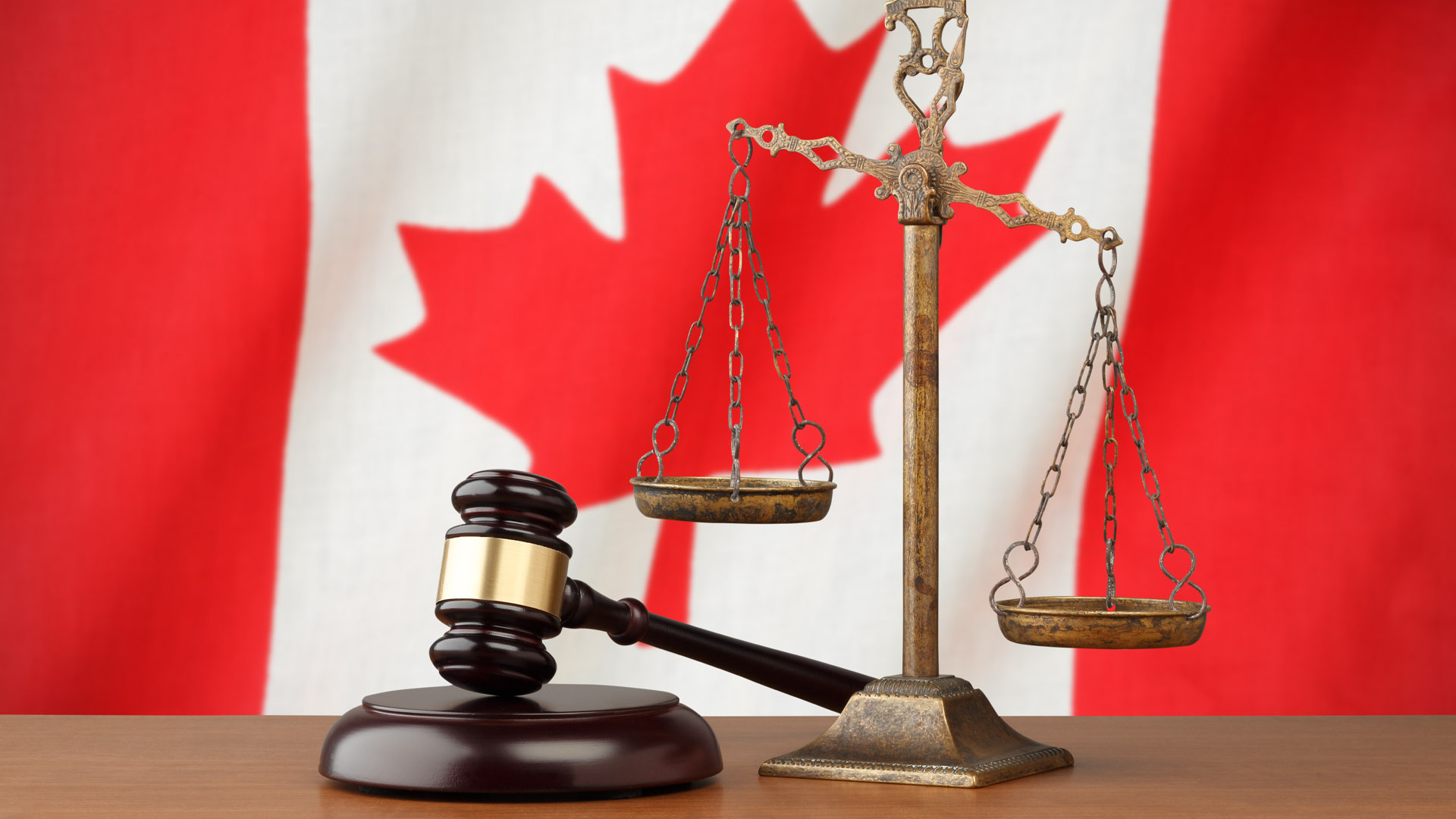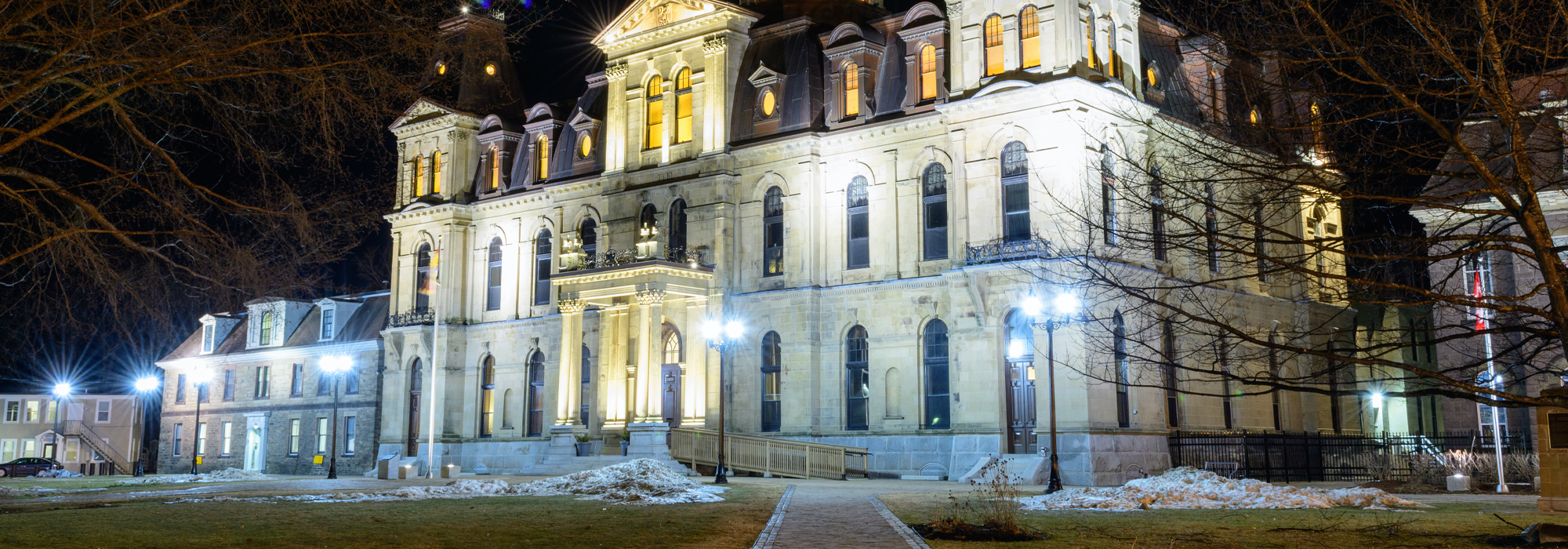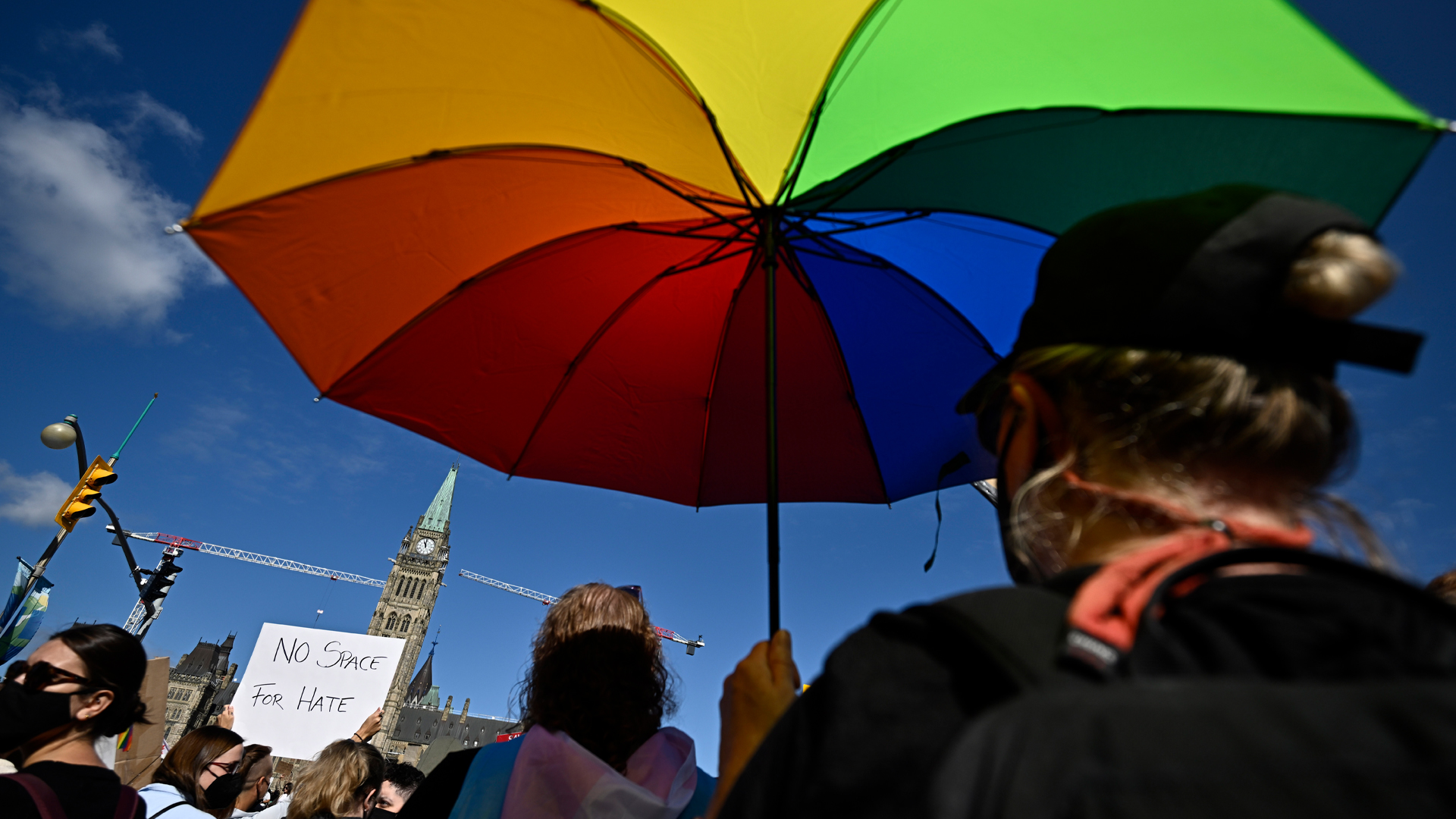
The government of New Brunswick has recently come under fire for introducing a bill (Bill 11) that invokes the Charter’s “notwithstanding clause.” The bill would pre-emptively insulate from judicial scrutiny the legislation requiring students to provide proof of vaccination, without any exemptions for reasons of religion or conscience.
The criticism of New Brunswick’s decision to invoke the Charter’s section 33 notwithstanding clause betrays a misunderstanding of Canada’s constitutional order. While it is clear that there are few legal restrictions on the use of the notwithstanding clause, political evaluations of its legitimate use should be informed by a consistent standard. The true reason many critics have hastily criticized New Brunswick’s use of section 33 is that they fail to acknowledge any standard for legitimately using the notwithstanding clause.
The standard by which to evaluate New Brunswick’s use of section 33 should be whether it sets out a reasonable legislative definition of what rights mean, or whether it simply seeks to override rights in the name of majoritarian preferences. Canadians should embrace uses of the clause that meet the former test but be wary of those that fit the latter. New Brunswick’s Bill 11 could use the notwithstanding clause to protect Charter rights against anticipated wayward judicial interpretations of how such rights relate to public policy concerning vaccinations.
The law’s use of the notwithstanding clause shows how it can be employed in a way that constructs and protects reasonable understandings of Charter rights.
This standard can be usefully illustrated by Saskatchewan’s and Quebec’s recent uses of the notwithstanding clause. Saskatchewan’s School Choice Protection Act (2018) responded to a judicial decision invalidating funding for non-Catholic students at Catholic schools as an unreasonable limitation on the Charter right to religious freedom. The law’s use of the notwithstanding clause shows how it can be employed in a way that constructs and protects reasonable understandings of Charter rights. In contrast, Quebec’s Bill 21 (enacted in 2019) shows how the clause can be legally used to run roughshod over Charter rights.
The preamble of Saskatchewan’s legislation laid out reasons for protecting public funding for non-Catholic students at Catholic schools that were sensitive to the Charter right to religious freedom, including the following:
Whereas it is desirable and in the public interest that education funding should not be based on any religious affiliation of parents, guardians or pupils;
Whereas it is desirable and in the public interest that boards of education may, subject to this Act and The Education Act, 1995, determine their own policies respecting admitting pupils, and that education funding to boards of education not be limited due to religious affiliation of parents, guardians or pupils;
The first of these clauses demonstrates a concern with the need for religious neutrality in the extension of historically privileged denominational right on equal terms to denominational and nondenominational students alike. The second shows a concern with the autonomy of religious institutions that has been echoed by the Canadian Supreme Court’s jurisprudence on religious freedom. Together, these clauses indicate that Saskatchewan used the notwithstanding clause to protect a reasonable understanding of how the Charter right to religious freedom relates to funding for non-Catholic students at Catholic schools.
Quebec’s Bill 21 prohibits the wearing of religious symbols in the public sector. Bill 21 does claim to be based on the principle of “freedom of conscience and freedom of religion,” but nowhere does it address how its requirements are consistent with the free exercise of religion. The law refers to a framework for “accommodations” on religious grounds for a limited set of state employees, but it denies these accommodations to the lion’s share of officials. The ability of state employees to freely exercise their religion is the primary Charter right violated by Bill 21. The legislature prohibits religious symbols for a swath of officials in a way that overrides their right to religious accommodation.
How does New Brunswick’s proposed law measure up to the standard we propose?
Unfortunately, the debate around Bill 11 has avoided any discussion of how the Charter rights to freedom of religion and conscience relate to mandated vaccinations. Invoking the notwithstanding clause should always involve a discussion of how proposed laws relate to Charter rights. If legislators simply associate the notwithstanding clause with opposition to rights, they deny its constructive role in the Charter and lump Saskatchewan’s exemplary use of the clause in with Quebec’s. New Brunswick’s government should explain how the clause might justifiably set boundaries to rights. Members of the opposition should clarify why they think Bill 11 unjustifiably violates Charter rights, instead of crying wolf just because it uses section 33. After all, crying wolf plays into the wolf’s plans.
Photo: Shutterstock/By Jason Jeandron
Do you have something to say about the article you just read? Be part of the Policy Options discussion, and send in your own submission. Here is a link on how to do it. | Souhaitez-vous réagir à cet article ? Joignez-vous aux débats d’Options politiques et soumettez-nous votre texte en suivant ces directives.









